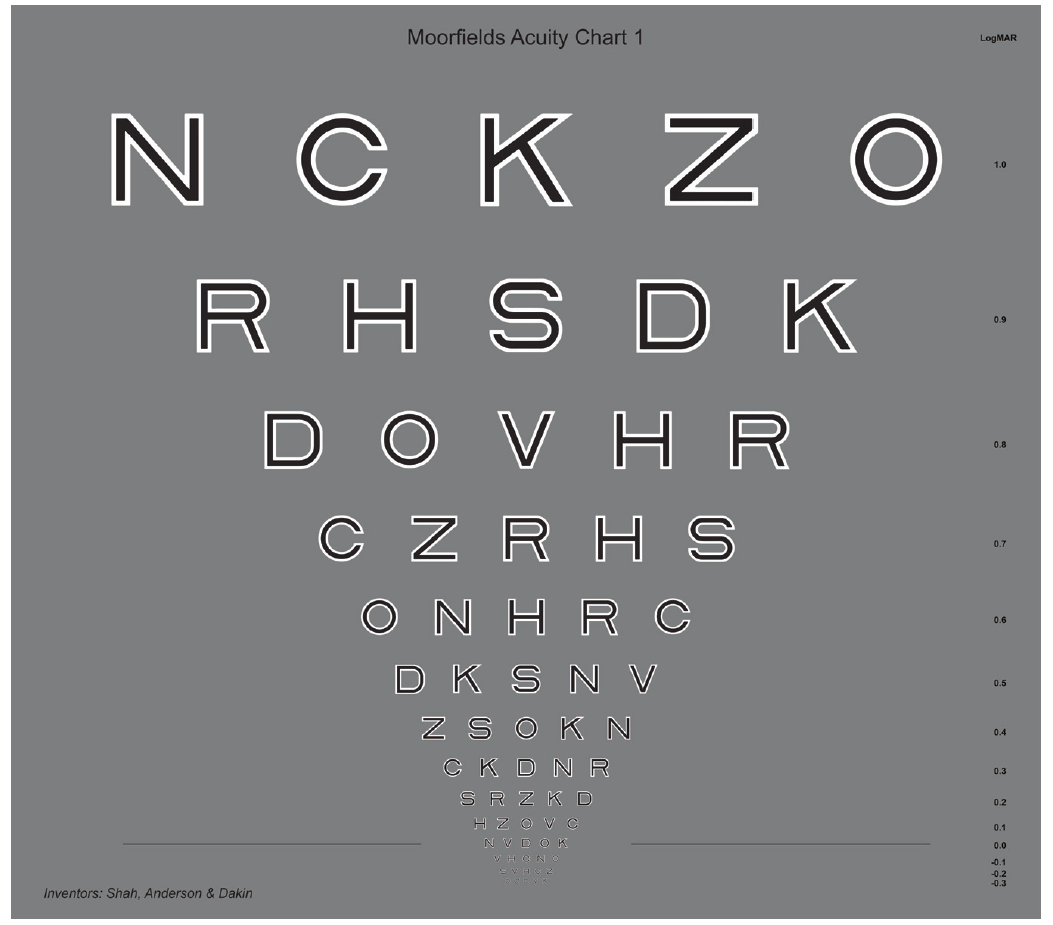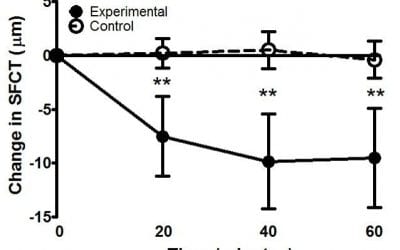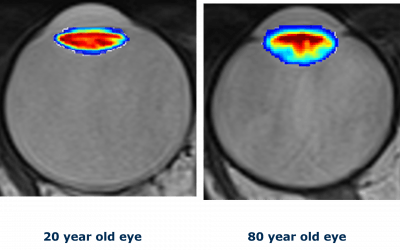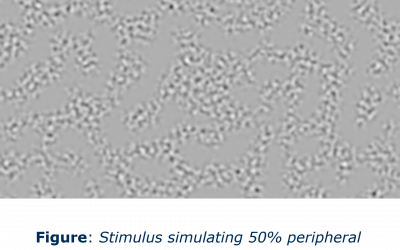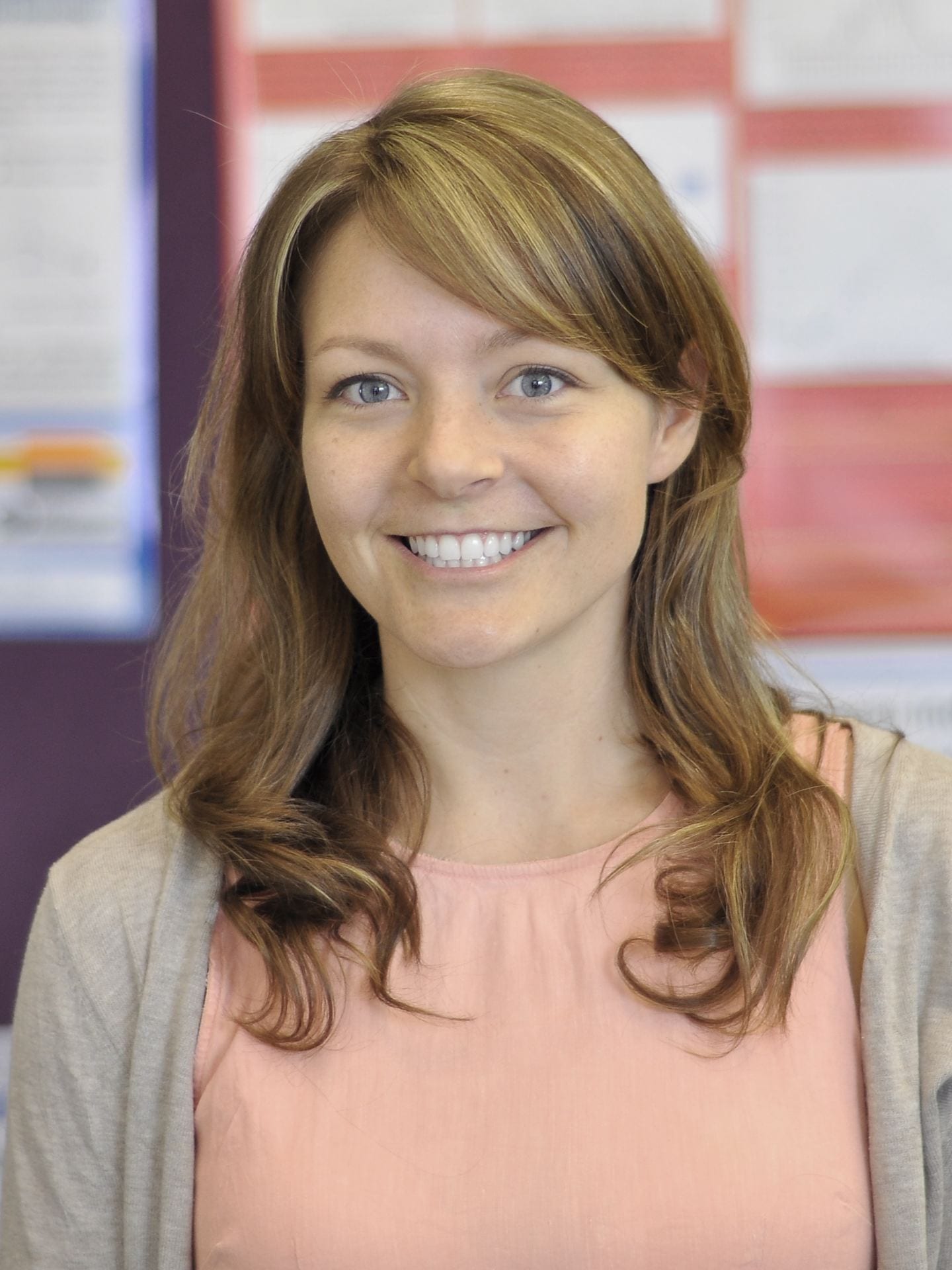Ageing Vision
As we age, changes occur to our vision and eye health, and with an aging population, age-related diseases of the eye, such as glaucoma and macular degeneration, are becoming more prevalent.
Researchers in the School of Optometry and Vision Science are involved in the development of eye charts and objective vision testing techniques that may enable improved detection and monitoring of age-related eye conditions.
In addition, changes at the back of the eye (the retina and the optic nerve) are being investigated as potential markers of disease progression in Alzheimer’s disease and other neurodegenerative disorders.
We currently receive funding from:
- Brain Research New Zealand – Training hearing and vision perception in noise in adults with mild cognitive impairment
- Faculty Research and Development Fund – Early Retinal Markers of Frontotemporal Dementia
- Brain Research New Zealand Explorer Grant
The Moorfields Acuity Chart 1, a visual acuity chart which is more sensitive in the detection of early visual changes in age-related macular degeneration.
This chart was developed by then-Head of School, Professor Steven Dakin, and his collaborators Professor Roger Anderson (Ulster University, Ireland), and Nilpa Shah (Moorfields Eye Hospital, UK).
Research topics
Uncorrected presbyopia: a risk factor for ischaemic retinal disease?
Adults over ~50 years of age are Presbyopic: they have lost the ability to change the eye’s focus and so near objects are out of focus without reading glasses. Millions of older people in the developing world have no access to spectacles, so their presbyopia is...
The lens paradox: why does the eye lose power as it grows?
Our eyes become more farsighted as we age due to the loss of refractive power in the ocular lens. This is termed the lens paradox because the eye is expected to gain power as it grows. Why or how it occurs is unclear. We believe that an age-related shift of the...
Using eye movements to signal loss of peripheral vision in glaucoma
Optokinetic nystagmus (OKN) is a reflexive eye movement that happens when we see movement. We have been measuring how OKN changes when we simulate a loss of peripheral vision, as occurs in glaucoma. We are doing this to determine whether OKN could be used to detect...
